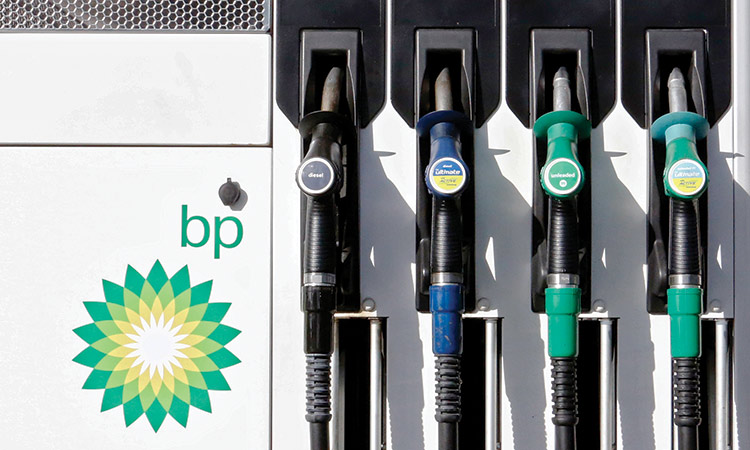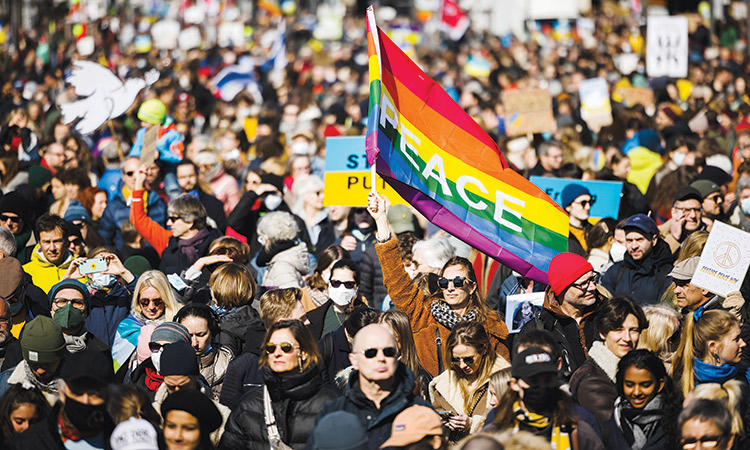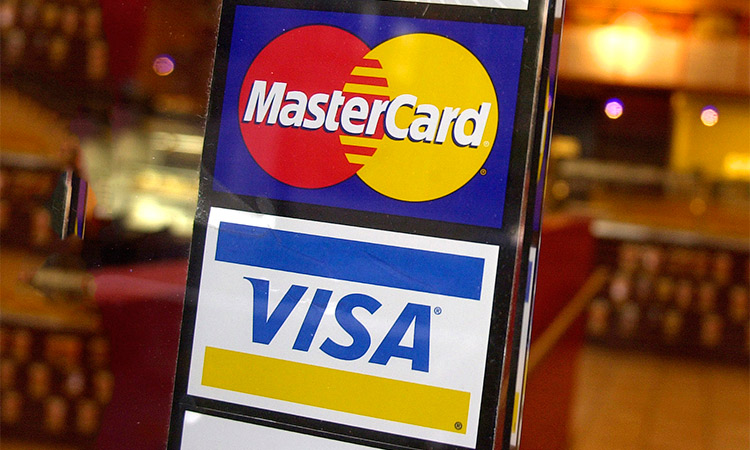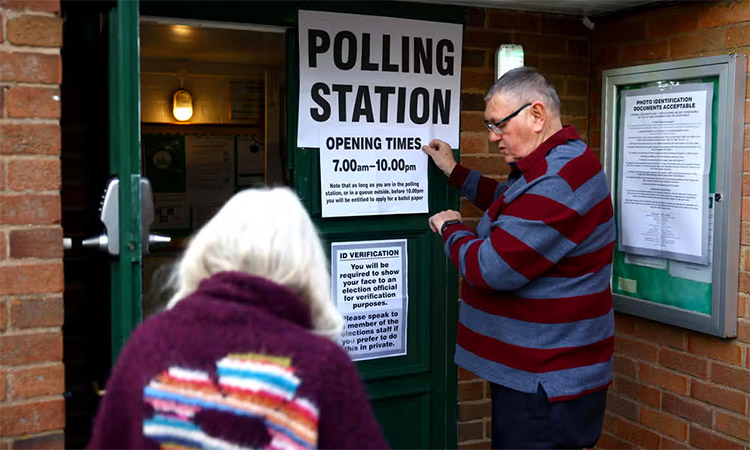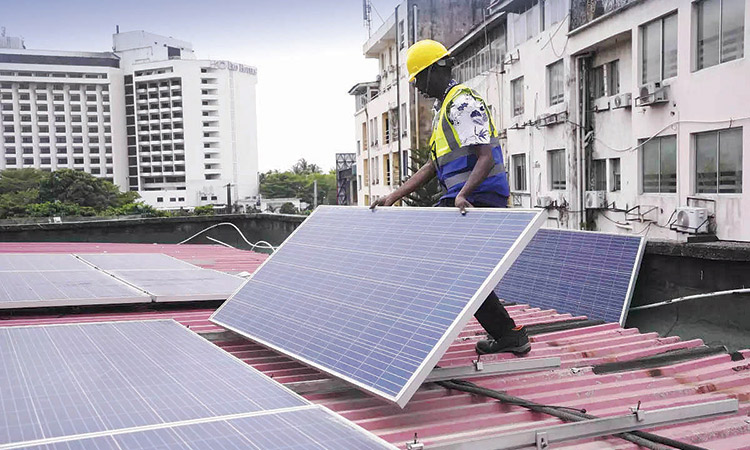The nickel debacle and sanctions against Russia
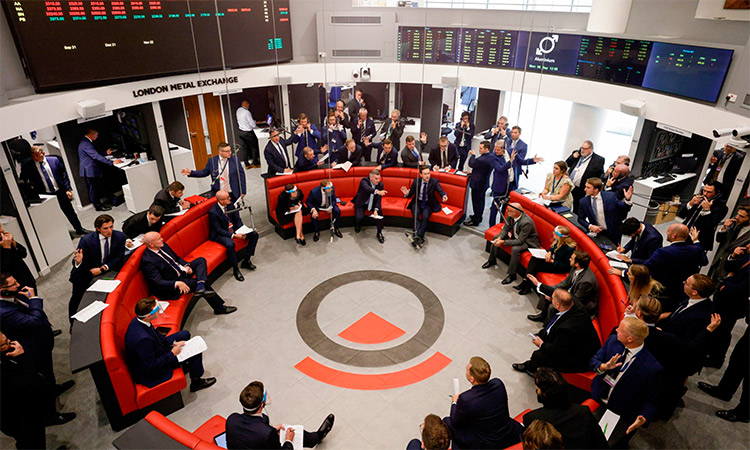
The LME had to suspend nickel sales contracts due to an unprecedented rise in its price. Reuters
Russia supplies 10 per cent of the global demand. When sanctions were rolled out, many brokers and firms sold on fears of supply disruptions. But when the market rallied people rushed to buy back and that is when the prices went through the roof.
The Russian factor is the cause of the panic selling and the feverish buyback. Market turbulence in metals has not been uncommon and it has not always had to with war. There was a tin crisis back in the 1980s when tin producers could not arrive at a decision about prices. The trade in tin had to be halted.
Experts now say that nickel prices might come down later in the year as production in Indonesia will help stabilise supplies and prices. But the immediate cause for the havoc in the nickel market is being directly attributed to the sanctions against Russia. A similar market storm is brewing on the oil and gas front. As the Western sanctions are extended to oil, Russia is threatening to switch off gas supplies to Europe which would push the prices dizzily up. And there is the fear that oil prices might go up to $200 per barrel, and that it could even touch $300 per barrel. The economic consequences of the Ukraine conflict are going to be severe, and the world economic recovering from the negative impact of two years of COVID-19 disruptions could again go into a spin as a result of the economic sanctions and the war in Ukraine. The drama in the nickel market is just a sign of the troubles.
The nickel storm is but a hint of the problems that could arise out of the economic sanctions, and whether it would be possible to sustain the economic blockade against Russia even as the war in Ukraine is dragging on as there is fierce resistance by the Ukrainians and the Russian movement of the forces in Ukraine has slowed down. The Russians had hoped to keep the ‘special military operation’, the term used by Russia to describe its invasion, to achieve quick results through an overwhelming and swift movement of forces. But Russian forces seem to have been bogged down, especially the convoy moving towards the Ukrainian capital, Kyiv.
According to some military experts, the Russians are facing the problem of a lengthy supply chain, which delays movement of armoured vehicles and troops. But Ukrainian resistance is a factor too, but it is being reckoned that Russia’s military strength will prevail. Meanwhile, Russian President Vladimir Putin had said that Russia would not fall back on conscripts and reservists to fight the war, and it is the regular forces who will lead the attack. He was addressing the nation on the International Women’s Day.
The ripples of the economic costs of the war in Ukraine will be felt in the global markets even as the war on the ground has created a humanitarian crisis and the sufferings of ordinary people in Ukraine are increasing by the day. Perhaps the United Nations may have to make renewed efforts to end the conflict. The priority has to be revival of the global economy, and war anywhere remains an obstacle.

